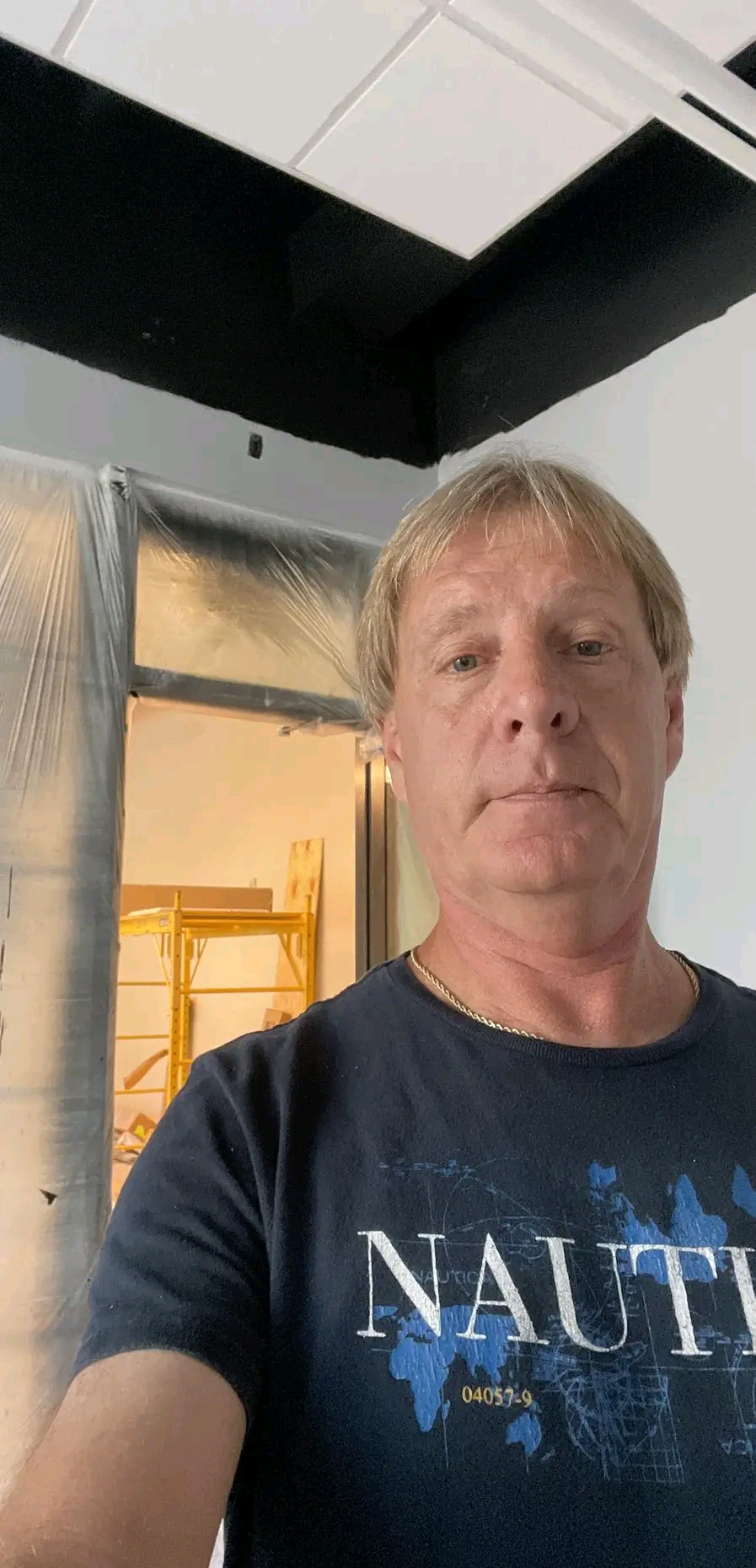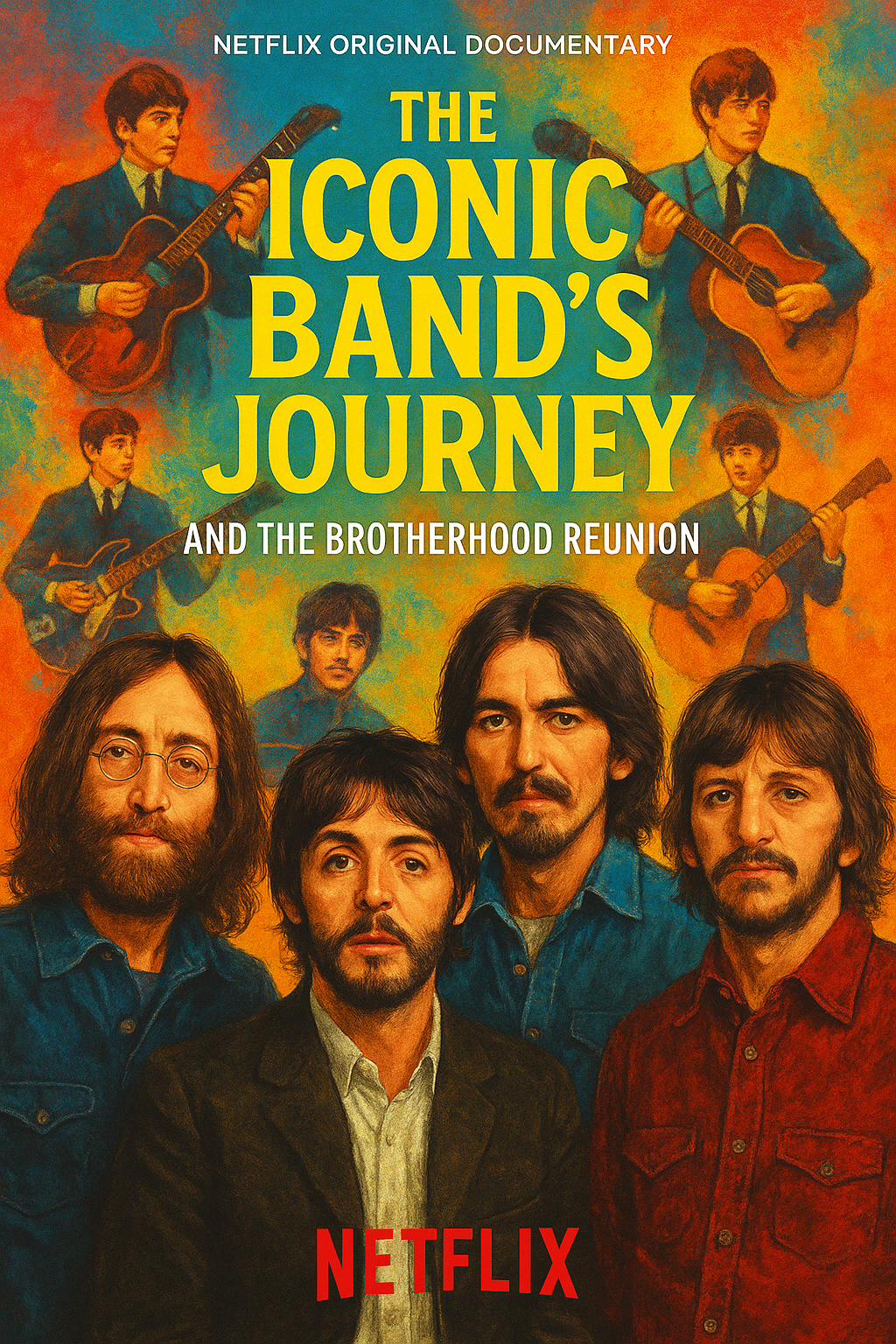For fifteen long years, he lived in a private world shaped by secrecy, routine, and an addiction he never thought would consume so much of his identity. Masturbation started, as it does for many, with curiosity in adolescence. It was harmless at first—an experiment, a relief, a momentary escape. But somewhere along the way, it evolved into a coping mechanism, then a ritual, and eventually, a prison.
His relationship with masturbation wasn’t just physical. It became deeply emotional and spiritual. With every passing year, it chipped away at his self-esteem and his sense of discipline. What began as teenage exploration slowly turned into adult regret. He never imagined that such a simple act could tether itself so strongly to guilt, shame, and isolation.
There were attempts to stop—many of them. Resolutions at the beginning of each new year, long prayers asking for strength, digital detoxes, accountability apps, and even cold showers. For every few days of success, there were weeks of relapse. The cycle was ruthless. What hurt most was the internal contradiction: he wanted freedom, but couldn’t resist the pull of temptation. Each failure only reinforced the belief that he was weak and unworthy of change.
One of the lowest points came after what he would later call the “worst soba ever.” Not a meal in the literal sense, but a metaphor for a spiritual fast he attempted during a religious season. He declared to himself and to a few close friends that he would abstain from all sexual impulses, especially masturbation. The first few days were promising. He even felt lighter, more focused. But by the end of the first week, temptation crept in like a whisper, then roared like a wave. He gave in. And when he did, the shame that followed was crushing.
That soba—his personal fast—was meant to be a breakthrough. Instead, it left him feeling more hopeless than ever. He cried that night. Not because of the act itself, but because he genuinely believed he could never change. He stared at the ceiling and wondered how something so private could make him feel so publicly broken inside.
What made this time different, though, was that he didn’t give up. For the first time, he didn’t run from the failure. He sat in it. He asked deeper questions: Why did he keep running to it? What was he trying to numb? What wounds from his past had gone untreated? He began journaling—not about the failures, but about the feelings underneath them. That opened something new.
He reached out for help—not from apps or anonymous forums, but from a mentor. Someone older, wiser, and grounded. For the first time, he confessed the full story, not the edited version he often gave to friends. The mentor didn’t flinch. He didn’t shame. He listened. And in his calm, honest response, the man heard something he’d long forgotten: compassion without compromise.
Healing didn’t come overnight. But it came. Slowly, as he learned to confront the emotions he’d buried under addiction, the urges began to lose their control. He implemented structure—daily walks, breathing exercises, early sleep, phone-free evenings. But more than the habits, it was the mindset that changed. He no longer saw masturbation as a monster to defeat, but a signal—a red light indicating deeper unrest.
Over time, his brain rewired. The constant craving for escape lessened. The self-hatred softened. He began building new forms of intimacy—real conversations, creative outlets, deeper prayer, and a sense of purpose rooted in community. For the first time in over a decade, he felt clean—not just physically, but mentally and spiritually.
He doesn’t pretend he’s above temptation now. But he knows how to stand when it comes. And he knows how to get back up when he stumbles. Masturbation no longer defines him. The struggle that once made him feel alone has become a story of redemption he shares with others who feel trapped. His freedom wasn’t won in one battle—it was earned in countless small decisions, each one choosing light over hiding.
Today, he looks back on those fifteen years with a mix of sorrow and gratitude. Sorrow for the time lost and the self he once abandoned. Gratitude for the strength that grew in silence. What was once the worst soba of his life became the beginning of a new chapter—one written not with shame, but with clarity, courage, and grace.



